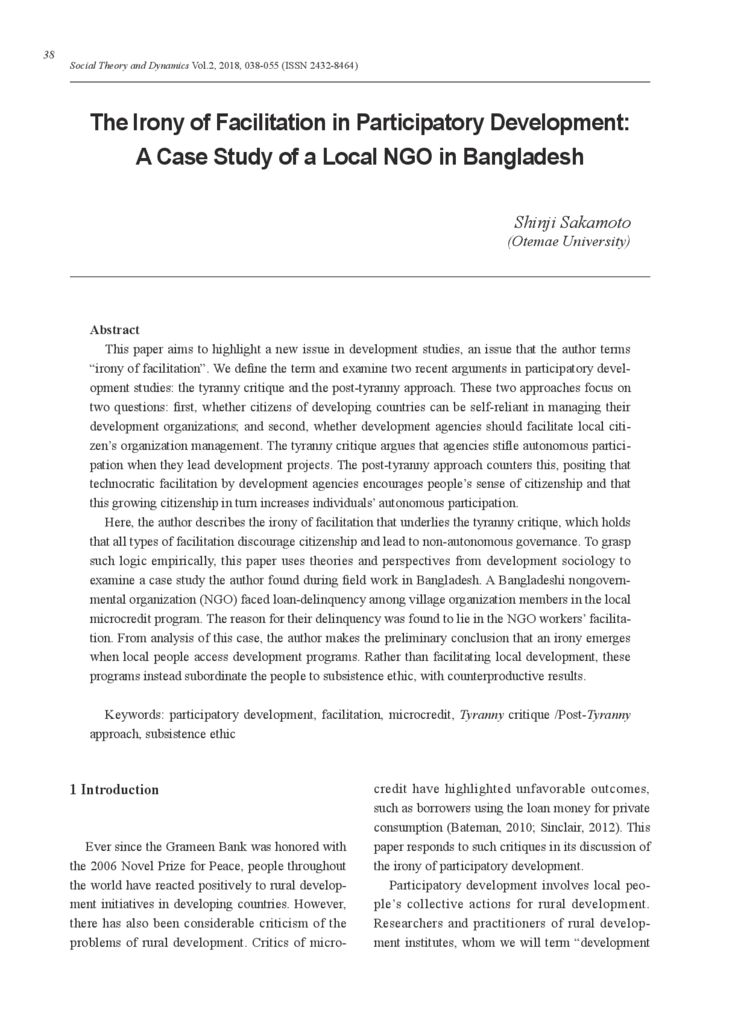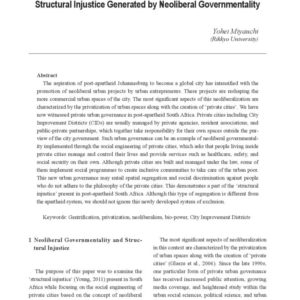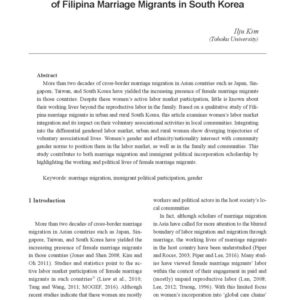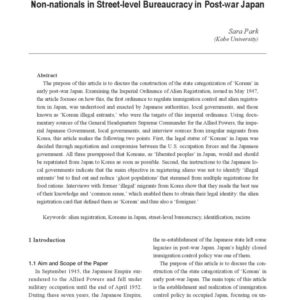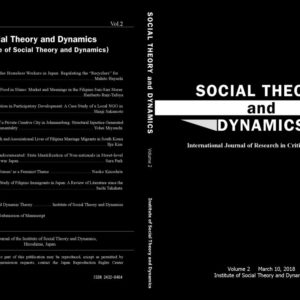Description
This paper aims to highlight a new issue in development studies, an issue that the author terms “irony of facilitation”. We define the term and examine two recent arguments in participatory development studies: the tyranny critique and the post-tyranny approach.
These two approaches focus on two questions: first, whether citizens of developing countries can be self-reliant in managing their development organizations; and second, whether development agencies should facilitate local citizen’s organization management. The tyranny critique argues that agencies stifle autonomous participation when they lead development projects.
The post-tyranny approach counters this, positing that technocratic facilitation by development agencies encourages people’s sense of citizenship and that this growing citizenship in turn increases individuals’ autonomous participation.
Here, the author describes the irony of facilitation that underlies the tyranny critique, which holds that all types of facilitation discourage citizenship and lead to non-autonomous governance.
To grasp such logic empirically, this paper uses theories and perspectives from development sociology to examine a case study the author found during field work in Bangladesh.
A Bangladeshi nongovernmental organization (NGO) faced loan-delinquency among village organization members in the local microcredit program.
The reason for their delinquency was found to lie in the NGO workers’ facilitation.
From analysis of this case, the author makes the preliminary conclusion that an irony emerges when local people access development programs.
Rather than facilitating local development, these programs instead subordinate the people to subsistence ethic, with counterproductive results.

